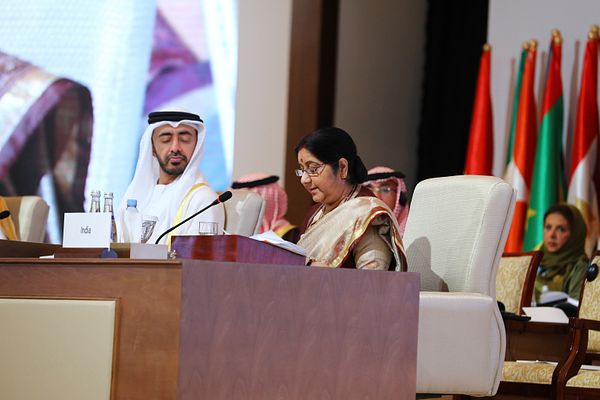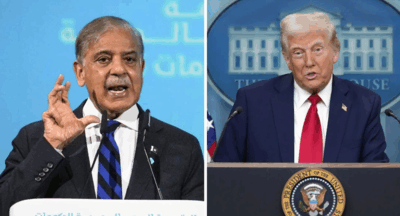India’s Ministry of External Affairs has forcefully rejected statements made by the Organisation of Islamic Cooperation during its council of foreign ministers meeting in Istanbul, describing them as “unwarranted and factually incorrect.” The remarks, influenced by Pakistan’s narrative, accused New Delhi of social marginalisation of Muslims and criticised its actions in Jammu and Kashmir. India countered, saying the OIC lacked the authority to comment on its internal affairs and accused Pakistan of exploiting the forum for political gain.
In a statement issued on Monday, the ministry emphasised that the OIC ignored documented threats posed by terrorists based in Pakistan, pointing to the Pahalgam attack of 22 April, which claimed 26 civilian lives. India labelled the omission a “wilful disregard for facts and the global consensus on the fight against terrorism.”
New Delhi reaffirmed its position that Jammu and Kashmir is an integral and sovereign part of India under its Constitution, declaring unequivocally that the OIC had no “locus standi” to comment on matters deemed internal. The foreign ministry warned that by adopting Pakistan’s stance, the OIC risked undermining its credibility and relevance on the international stage.
India also dismissed Pakistan’s allegation of “unprovoked and unjustified military aggression” following Operation Sindoor—a cross-border strike authorised by New Delhi on 7 May, targeting terrorist infrastructure after the Pahalgam incident. India termed the operation a precise act of self-defence and criticised Pakistan’s counter-strikes as dangerous to civilians, resulting in confirmed casualties and property damage.
The ministry accused Pakistan of hypocrisy, citing its “abysmal human rights record” as evidenced by its history of sheltering terrorists, persecuting minorities, and failing in governance. They characterised Pakistan’s remarks at the OIC as a diversionary tactic designed to shift global attention from its own systemic failings.
Pakistan’s influence was underscored by references in the OIC declaration urging adherence to bilateral agreements such as the Indus Waters Treaty and recommending “broad-based dialogue” to resolve disputes. The OIC also voiced support for self-determination in Kashmir and spoke of escalating military tensions between nuclear-armed neighbours. India dismissed such references as politically motivated and inconsistent with the OIC’s mandate.
Foreign policy experts see this clash as part of India’s broader pushback against international criticism perceived to be influenced by Pakistan. Analysts note New Delhi’s increasingly assertive messaging, aiming to challenge perceived institutional biases in organisations like the OIC. They highlight a shift from passive diplomatic responses to proactive public diplomacy asserting India’s narrative. Though the OIC enjoys a 57‑member membership, its relevance has come under scrutiny due to internal ideological divides and backing of political positions over collective action.
India’s messaging further underscores growing frustration over international forums that it believes echo Pakistani narratives without adequate scrutiny of terrorism emanating from its neighbour. In particular, critics within India argue that the OIC’s failure to condemn Pakistan’s support for militant groups undermines global counterterrorism efforts.
The diplomatic rupture adds complexity to India’s engagement with Muslim-majority countries. While bilateral ties remain largely intact, military and political criticism in multilateral settings such as the OIC complicates New Delhi’s outreach efforts—especially in regions increasingly sensitive to perceptions of internal Muslim marginalisation. India has sought to distance itself from the OIC’s statements, warning that continued alignment with Pakistan’s positions could diminish the bloc’s global standing.




 Diversion Over Threat Forces Air India Flight to Riyadh
Diversion Over Threat Forces Air India Flight to Riyadh 